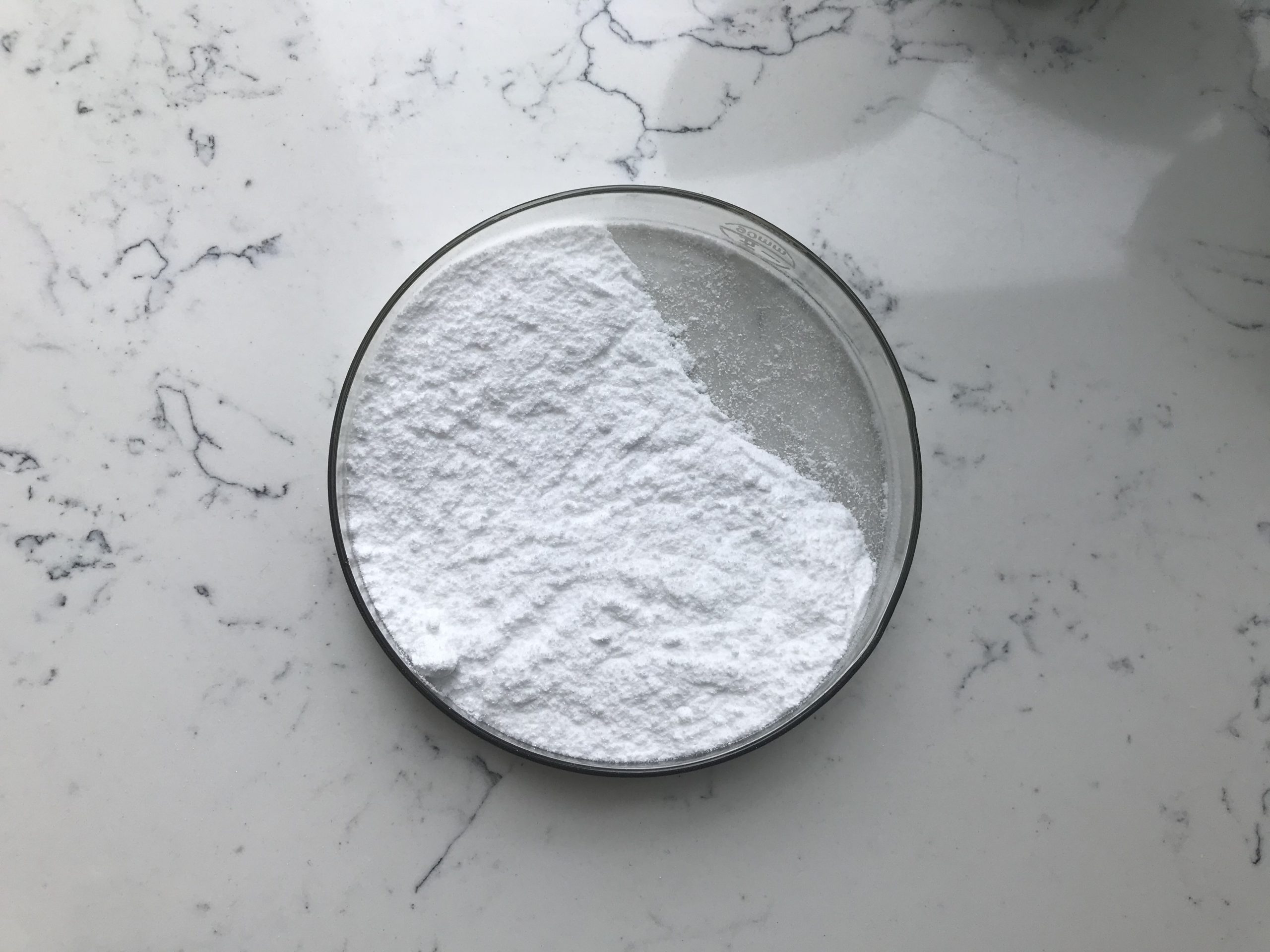L-Theanine and Tea Polyphenols are both bioactive compounds found in tea, but they have different properties and benefits.
L-Theanine:
1. What It Is: L-Theanine is an amino acid primarily found in tea leaves, especially in green tea.
2. Benefits:
- Promotes Relaxation: It has calming effects on the brain, which is why it’s often associated with reducing stress and improving focus and relaxation without causing drowsiness.
- Cognitive Enhancement: Some studies suggest that L-Theanine, particularly when combined with caffeine (as in tea), can improve cognitive performance, alertness, and attention.
- Mood Support: It may help reduce anxiety and improve mood by increasing levels of neurotransmitters such as serotonin and dopamine.
- Sleep: Though it promotes relaxation, L-Theanine doesn’t necessarily make you sleepy. However, it might help improve the quality of sleep by promoting a more restful, calm state.

Tea Polyphenols (Catechins):
- What They Are: Tea polyphenols, especially catechins, are a group of antioxidants found in tea, particularly in green tea. The most well-known catechins are EGCG (epigallocatechin gallate), EGC (epicatechin gallate), and others.
- Benefits:
- Antioxidant Properties: Tea polyphenols are powerful antioxidants, which help neutralize free radicals and protect cells from oxidative damage, potentially lowering the risk of chronic diseases like heart disease and cancer.
- Weight Management: Catechins, particularly EGCG, have been shown to support fat burning and increase metabolism, which is why green tea is often associated with weight loss.
- Heart Health: Regular consumption of tea polyphenols may improve cardiovascular health by reducing blood pressure, lowering LDL cholesterol, and improving endothelial function.
- Anti-inflammatory Effects: They may also have anti-inflammatory properties, which can benefit overall health and reduce the risk of inflammatory diseases.
- Brain Health: Some studies suggest tea polyphenols may help with neuroprotection and reduce the risk of neurodegenerative diseases such as Alzheimer’s.
Key Differences:
- Function: L-Theanine is mainly associated with relaxation and cognitive enhancement, while tea polyphenols are more focused on antioxidants and metabolic health.
- Absorption: L-Theanine tends to act more on the brain and nervous system, promoting calmness and mental clarity. Tea polyphenols, on the other hand, have a broader impact on overall health, including metabolic, cardiovascular, and cellular health.
- Synergy: Interestingly, L-Theanine and tea polyphenols work well together. L-Theanine can mitigate the jitteriness that some people experience with caffeine, while the polyphenols provide the health benefits.

Which is Better?
It depends on your goals:
- For relaxation, mental clarity, or sleep support: L-Theanine is the better choice.
- For antioxidant benefits, weight management, and heart health: Tea polyphenols (particularly EGCG) are more beneficial.
In many cases, both compounds are present in tea together, providing a synergistic effect that supports both relaxation and overall health.
